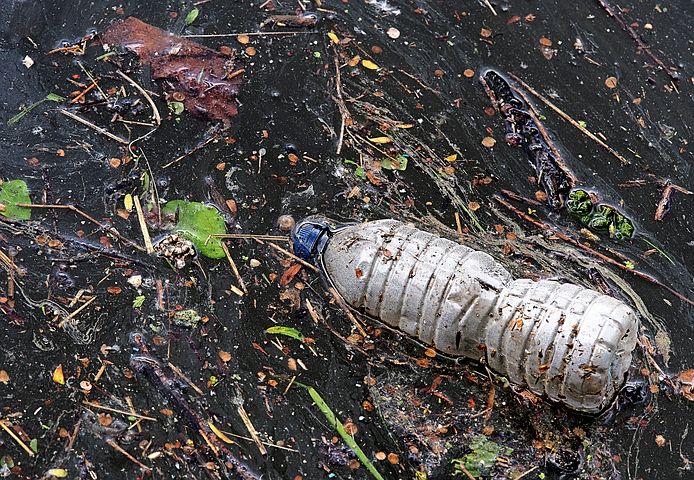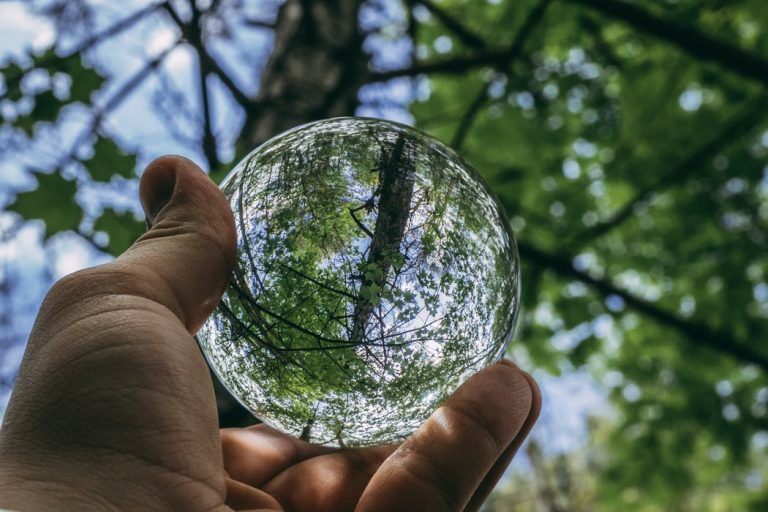
It’s not breaking news that plastic waste is a colossal worldwide problem. Over-consumption and carelessness over the years has resulted in what is possibly an irreversible mess, causing harm and even loss of life to precious wildlife, as well as contaminating the planet.
Of course, there are the obvious tips and tricks for reducing your plastic consumption, and we’ve all probably heard them before (stop using straws, use reusable tubs for your lunch, and so on), but there are other ways of being mindful when it comes to long term, effective plastic reduction that will make a difference.
Single use items actually account for over 40% of all plastic waste, so it seems blatantly obvious how we are making a bad problem worse. Convenience is expensive, in a way much more substantial than money.
There are some ‘secret weapon’ skills that you can put in place to work towards really making a change.
Involve your children
Children develop their sense of the world from the adults around them, and there are a number of ways you can implement plastic reduction into their activities. Introducing them to the fact that fish see the ocean as their home and would rather not have plastic in it, is a good way to promote selfless thinking as well as educating them on the fact that plastic ends up in the sea.
Children’s home activities, such as painting, can revolve highly around plastic, so showing them some alternatives will never go amiss. The added bonus here is that a good education early on will increase the likelihood of them continuing this consideration later on in life, perhaps even having an effect on their friends too. The good acts will spread and it all starts with a little work at home.
Plan past the ‘on-the-go’ culture
There’s no getting away from it – everyone is fashionably busy with their on-the-go lives, including coffee cups, takeout lunches, bottles of water, and packaging for just about everything else that’s bought on a busy day. Convenience is king – sadly this king reigns strong in western culture. Surprisingly, as little as 10 minutes prep per day can actually lead you to break free of this on-the-go trap of constant consuming.
Use your flask for coffee, your one tub for lunch, and resist the temptation to pop in for a £5 latte just because you have half an hour to kill before a meeting. Saving money whilst saving the planet seems like a no brainer, and it takes less effort than you probably think.
Use Facebook
Social media in general, despite all its faults, is very very good for getting a message across. But aside from that, Facebook is particularly useful for closed groups or pages where you can find like-minded people who can share advice, tips, and solve issues together on matters close to the heart. For example, there is a group called My Plastic Free Life, which has close to 50,000 members, where you can improve your knowledge on the plastic issue and share your plastic reducing skills at the same time.
Take plastic reduction ambitions to work
Reducing plastic is by no means a project just for the home. Regardless of the type of place you work in, you can conduct a waste audit (or have a waste audit conducted), to get a better understanding of what gets thrown away. A large percentage of it will be preventable, and it could even be the case that reducing plastic could become a team building exercise for you and your colleagues. Get a water cooler installed and promote the use of paper cones, rather than people coming in with bottle after bottle of cheap plastic which will end up in the bin after just one use.
Pets use plastic too
Once you start paying attention to your plastic consumption, chances are you’ll realise just how much you are using in various parts of your life, including with your pets.Those food packages, bowls, and even feeding stations in the garden are all often made from cheap plastic. Do you buy bird food for the garden? Even the “netted” casing is made of hard, cheap plastic that has proven to be harmful to the environment. Try to buy alternative materials (bigger food packages tend to be made of strong paper). Stock up on sunflower hearts for feeding the birds as they tend to come in paper.
For the most part, reducing your plastic is common sense, but as we all know, real life is busy and it’s just a matter of building new, better habits.





Leave a Comment